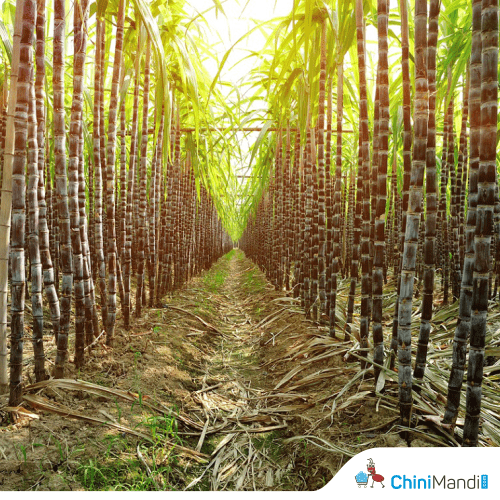The Vietnamese sugar industry has achieved the high sugar productivity in the region for the first time, according to the Vietnam Sugarcane and Sugar Association (VSSA). This success is attributed to the promotion of mechanisation in various production stages, including land preparation, harvesting, and pesticide application, as well as the integration of Industry 4.0 technologies into farming practices, reported Vietnamese media.
Vietnam’s sugar yield for the 2023-2024 crop reached 6.79 tonnes per ha, higher than other key producers in the region such as Thailand, Indonesia and the Philippines.
The VSSA noted that the mechanization rate for land preparation has exceeded 90%. Through technology transfer initiatives and international funding, several sugar companies are piloting new Industry 4.0 solutions from countries like the US and Australia to digitize sugar mill management. These advancements assist farmers in determining optimal times for land preparation, fertilisation, pesticide application, and harvesting, while also helping to identify abnormalities in the fields. This facilitates better monitoring of sugarcane growth, allowing for early risk detection and minimizing potential losses.
In terms of sugarcane varieties, the Sugarcane Research Institute has introduced 23 new lines, including 12 Vietnamese hybrids and 8 imported varieties, which are currently being tested across different ecological regions.
As a result of these innovations, national sugar production has increased for four consecutive years.
According to VSSA Chairman Nguyen Van Loc, both the harvested area of sugarcane and overall sugar output for the 2024-2025 crop are expected to rise compared to the previous year. He urged industry stakeholders to strengthen production linkages within the sugarcane sector, foster a competitive market, combat sugar trade fraud, improve sugar traceability, and implement measures to stabilize raw material areas, ensuring sustainable development for Vietnam’s sugar industry.










